Spices can add incredible flavour, colour, variety and aroma to our dishes, but they’re also packed with powerful compounds that have incredible health benefits.
Whether stirred through a warming curry or added to a creamy latte, spices are the ultimate add-ons that will take any dish or drink to the next level.
But spices also have powerful health benefits. Throughout history, spices like turmeric and cinnamon have been used for their medicinal properties and countless research studies have now proven them to have anti-inflammatory properties that support our immune system and help reduce our risk of diseases like diabetes and high blood pressure.
Stylist spoke with Lisa Marley, nutrition coach, plant-based chef and head trainer for ProVeg UK, and Arina Kuzmina, certified integrative health coach and nutritionist, to find out what spices we should all be adding to our diet.
You may also like
9 winter nutrition hacks for boosting energy and supporting immunity this season
5 spices everyone should eat more of
Turmeric: best for inflammation
Known for its anti-inflammatory properties as well as its bright golden colour, “turmeric is a big hitter in the spice world”, says Marley.
Turmeric has an active compound called curcumin, a powerful antioxidant that has been used for centuries in traditional medicine. Studies shows that curcumin can help to reduce joint pain in people with osteoarthritis (a prevalent joint disease), while a 2020 study concluded that curcumin can even protect against heart disease. If you don’t live with arthritis, turmeric is still worth consuming as curcumin can help fight inflammation in the body.
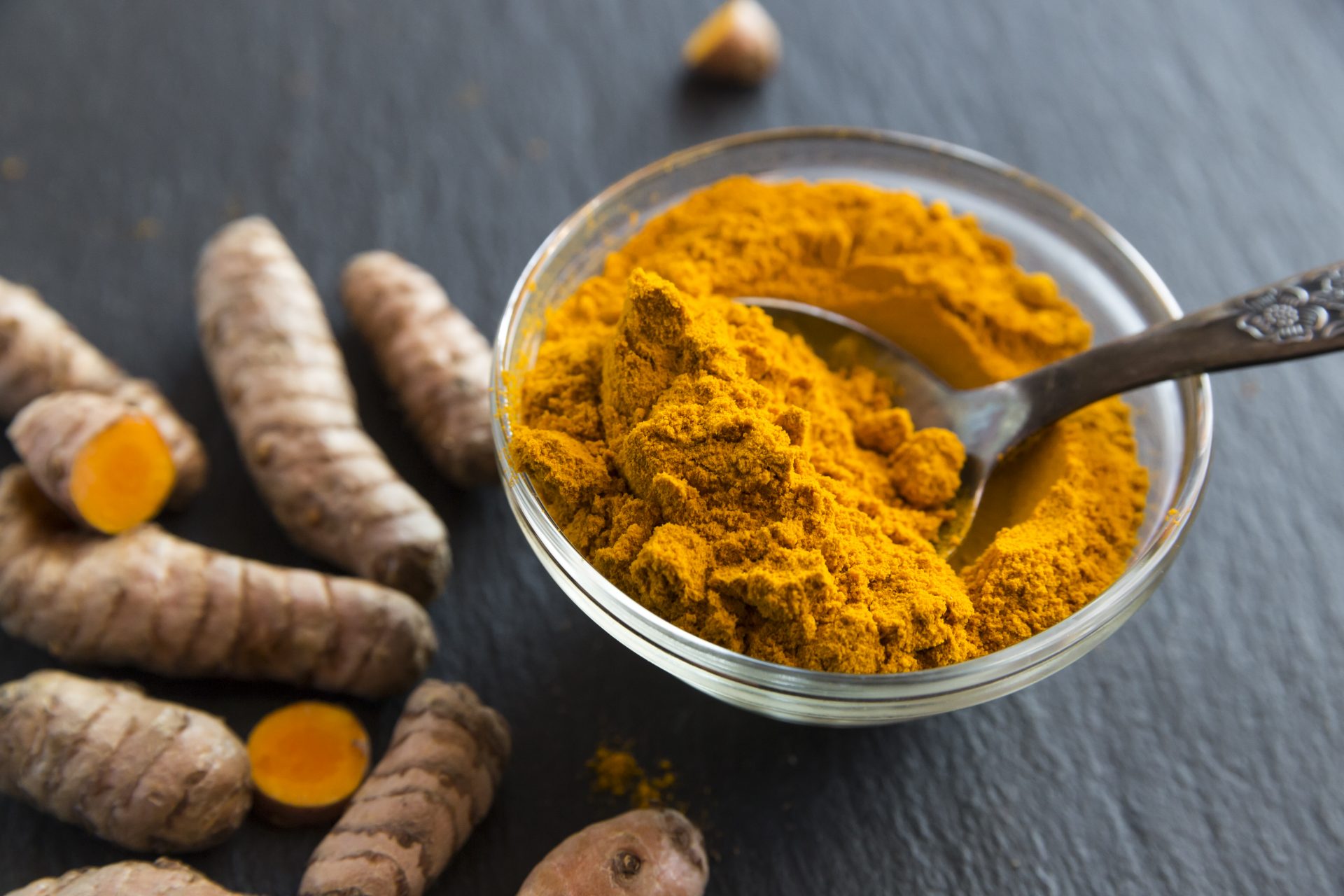
The simplest way to add more turmeric into your meals? Marley recommends mixing it into creamy curries or adding to pasta sauces.
“It has rather a strong taste, so I like to mix it with other spices and sprinkle over chicken or vegetables before putting them in the oven,” says Kuzmina.
You may also like
4 gingerbread recipes that will immediately make your home smell like Christmas
Ginger: best for nausea
“Ginger is rich in compounds that are beneficial throughout the body,” says Marley. Gingerol, the main compound found in ginger, is another powerful anti-inflammatory and antioxidant.
Studies have shown that ginger can be highly effective against nausea, especially morning sickness and it may also have anti-diabetic properties; after consuming ginger powder on a regular basis, people with type 2 diabetes had significant improvement in their blood sugar.
Top tip? Stir in some ginger powder with lemon, honey and hot water for the ultimate winter warmer. “Fresh ginger in Thai style curries is also a must,” adds Marley.
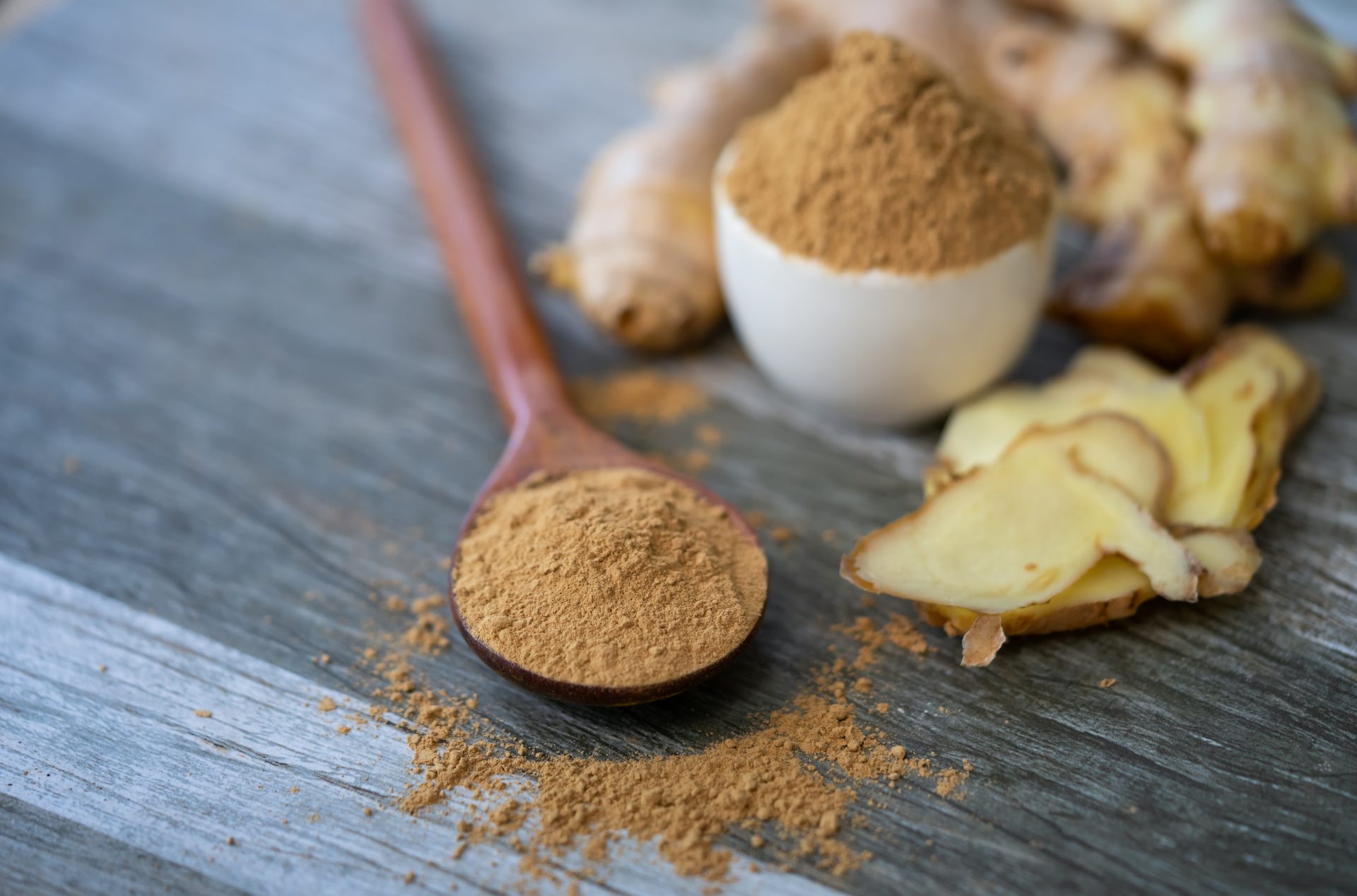
Cinnamon: best for stable blood sugar levels
An aromatic spice with so many benefits, cinnamon can help improve digestion and blood circulation in our bodies. “Ancient tribes, like Maya, made cinnamon a part of their cuisine and believed in its healing properties. And they weren’t wrong to do so,” says Kuzmina. She explains that one of its major benefits is its beneficial effect on blood sugar levels. “Cinnamon helps to keep our blood sugar levels more stable, providing us with stable energy levels and preventing mood swings and irritability.”
A study showed that consuming cinnamon led to a decreased spike in blood sugar after a meal (which is great for controlling the release of energy), and another study showed that it has the potential to reduce blood sugar spikes in people with type 2 diabetes.
Try this cinnamon-infused overnight oats recipe for an easy way to add some into your diet.
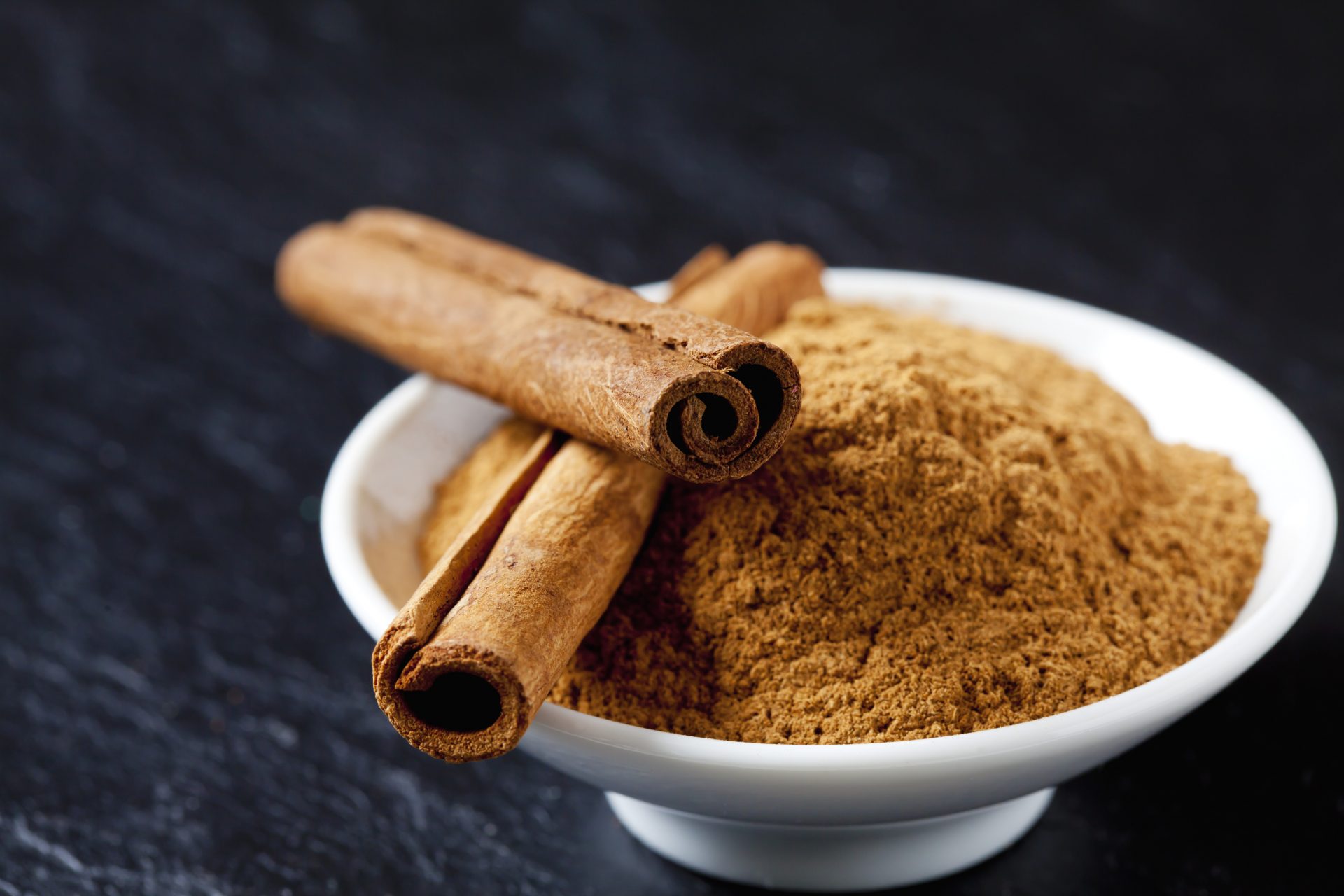
Garlic: best for immunity
Although not strictly a spice, garlic is frequently used to add flavour to dishes. “Most of us love garlic and for good reason – not only does it make food taste amazing but it also has many health benefits,” says Marley. “It’s perfect for the winter months as it can support your immune system.”
In fact, a 12-week study found that people who took a daily garlic supplement were less likely to get a cold and recovered faster if infected.
Another study found that garlic supplements had a significant impact on reducing blood pressure in people who have high blood pressure.
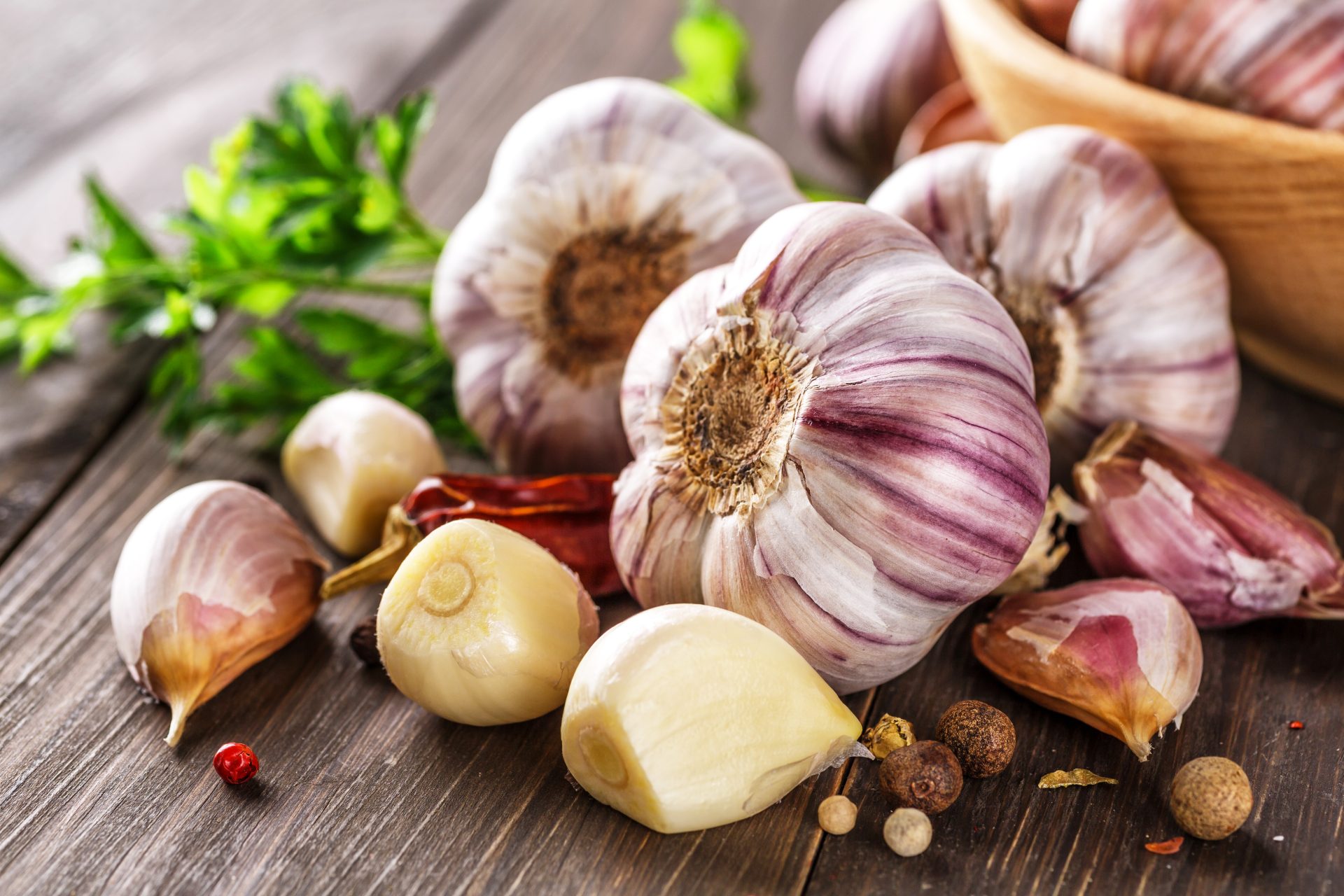
Cayenne pepper: best for protection against cellular damage
Cayenne pepper is one of the spiciest spices out there.“Luckily, you don’t need to add a lot of it to get all the benefits, and even ¼ of a teaspoon is enough to add to a meal,” explains Kuzmina.
“It is also high in antioxidants that help to keep our cells healthy and protect them from damage. Plus, capsaicin, a phytonutrient found in cayenne pepper that gives it its spiciness, has been proven to reduce inflammation in the body and hence have a preventive effect against chronic illnesses,” adds Kuzmina.
You may also like
Stuffed pepper recipes: 3 vegetarian mains that are anything but boring
“You can simply add it to any meal of the day, however, if you don’t have digestion issues, try my secret way,” says Kuzmina.“Add a one-fifth of a teaspoon to warm lemon water to slowly wake up the digestive system and boost your metabolism in the morning.”
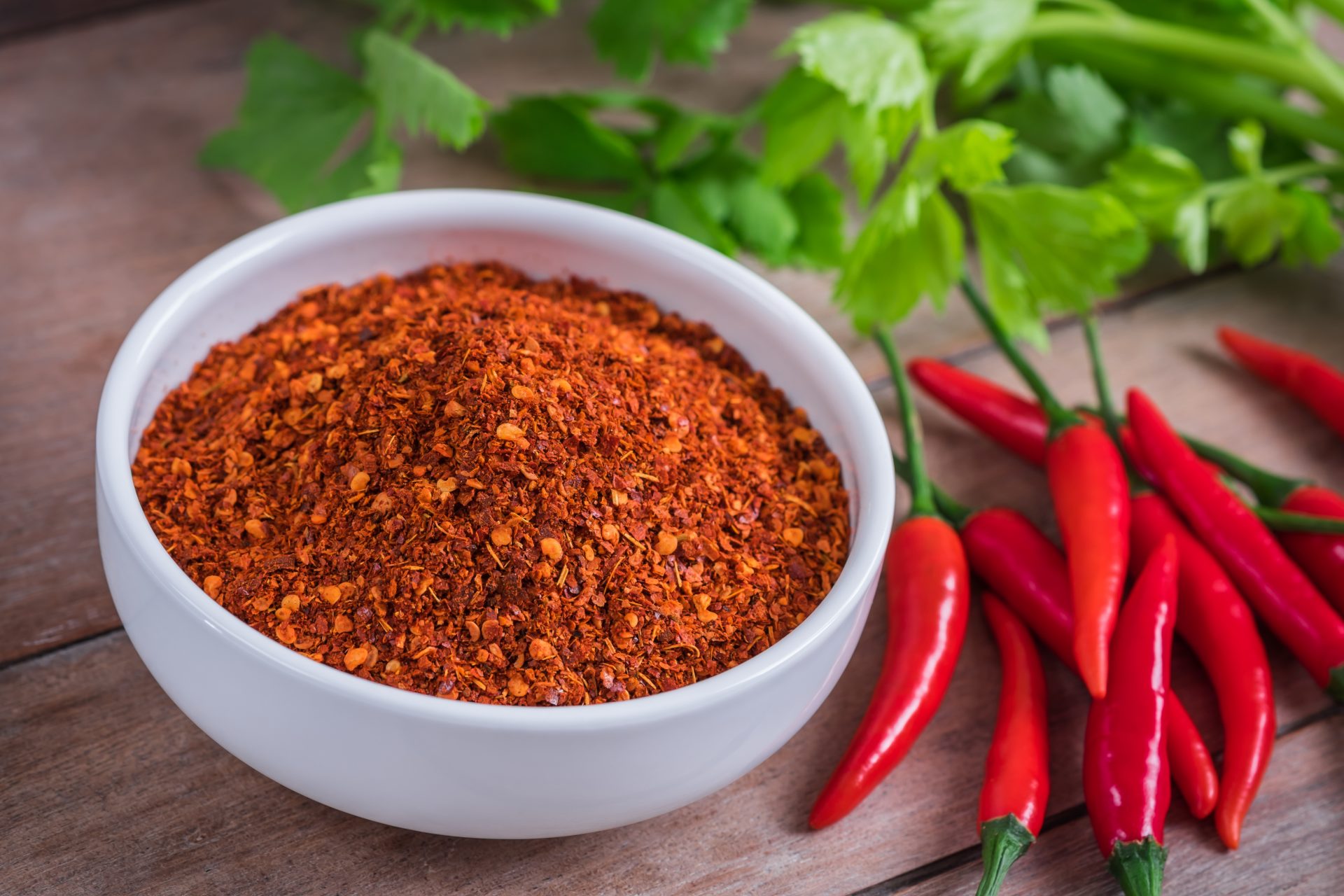
Is it better to use fresh spices or dried ones?
“This depends on the spice itself,” says Kuzmina. “General rule of thumb – if it’s a herb like basil, oregano or mint, it’s better to have it fresh. Their properties tend to decrease during the drying process. Spices are great when they are fresh, but dried ones tend to have a higher concentration of all the nutrients.
“For instance, when it comes to cayenne pepper, the majority of people won’t handle the spiciness level of more than one-sixth of the fresh one, which has less nutrients than a quarter of a teaspoon of the dried one.”
Images: Getty
Source: Read Full Article
